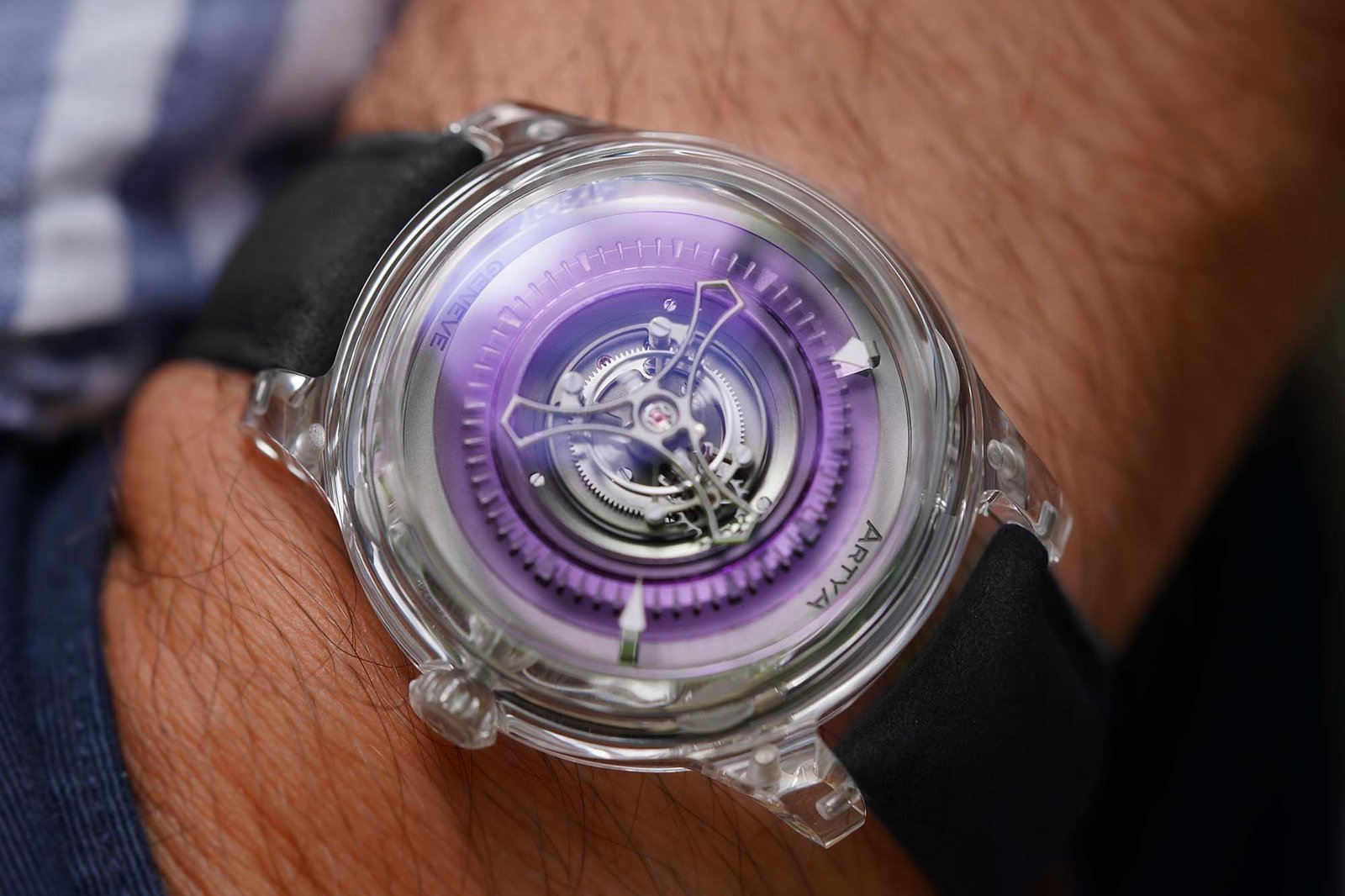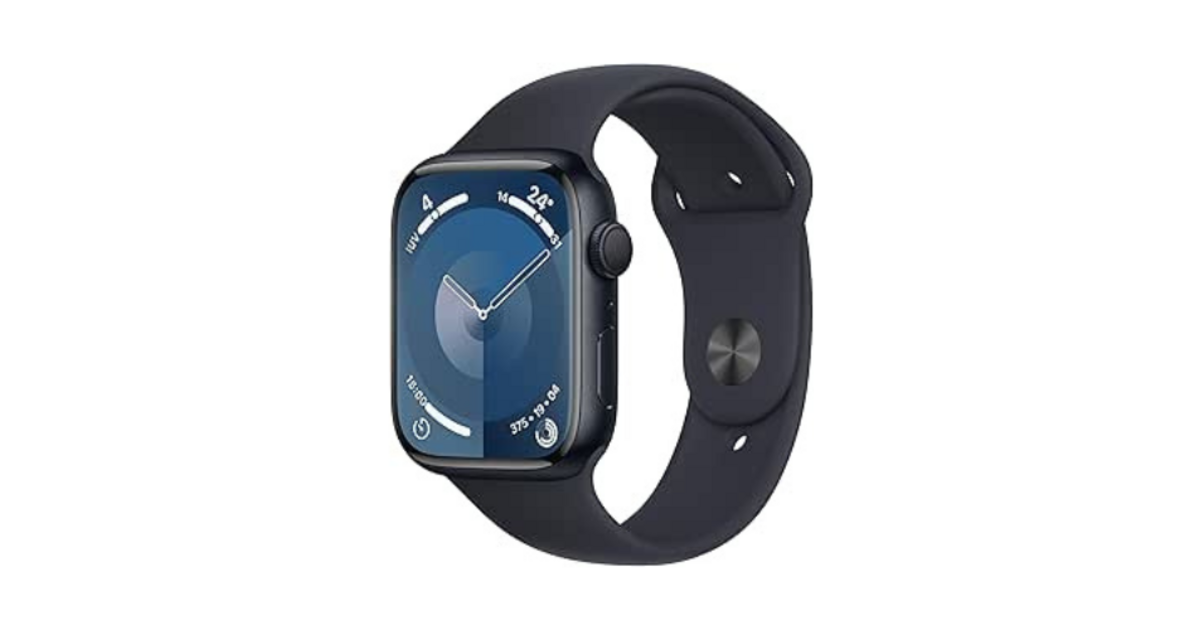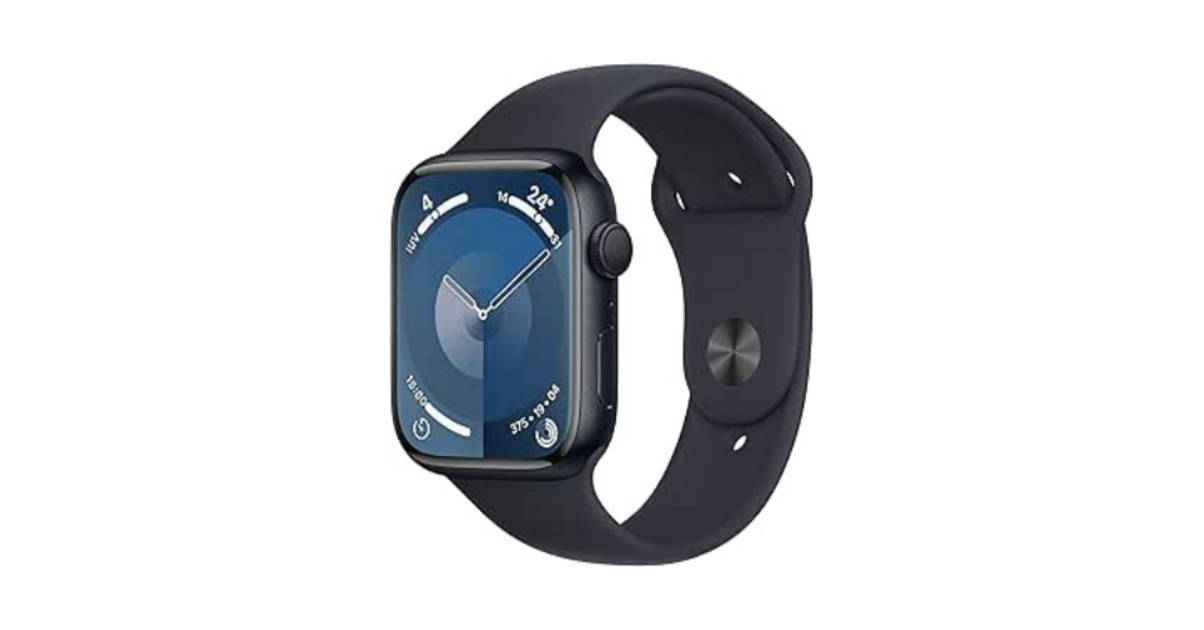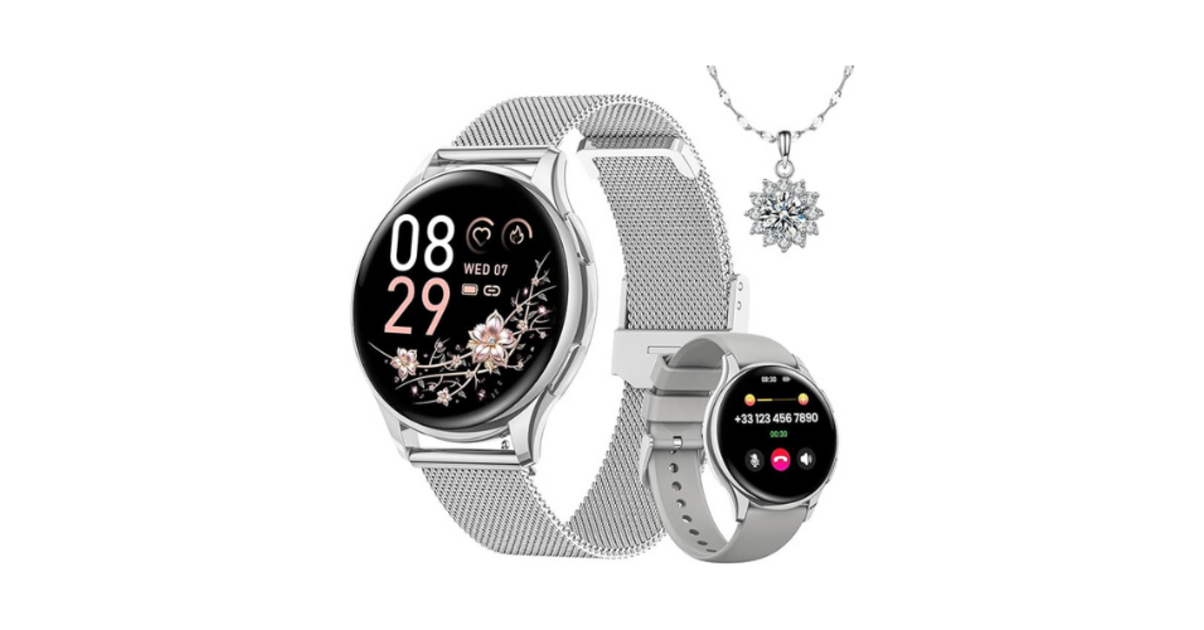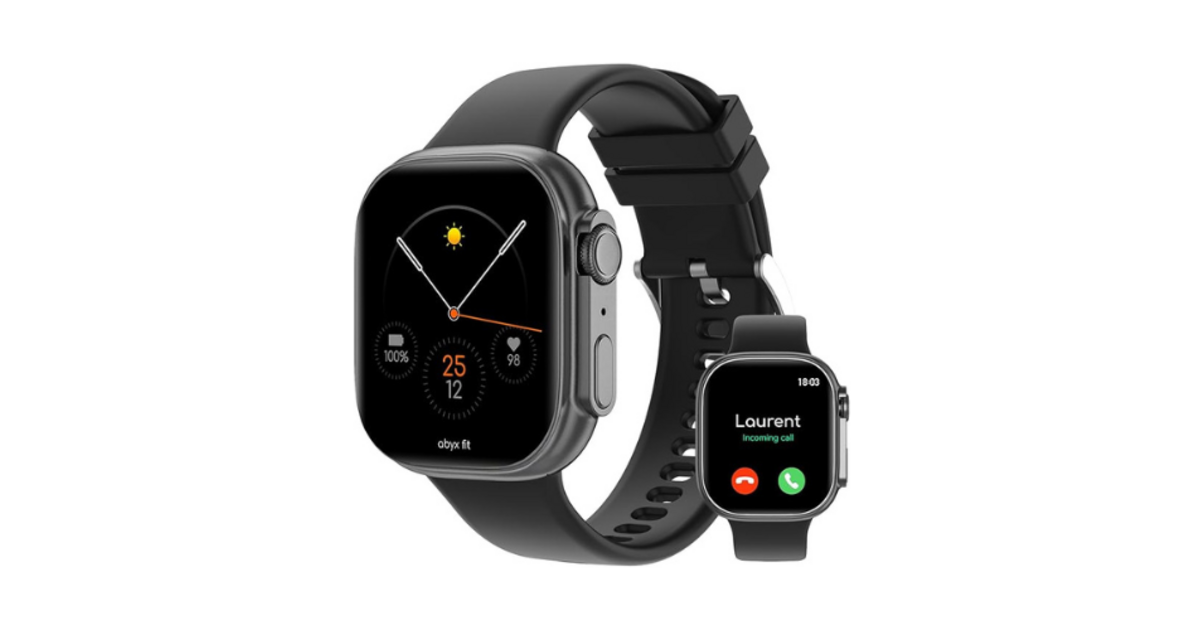Table of Contents
Watches are must-have accessories for many people. They combine functionality and aesthetics, but there are several types of watches on the market. Automatic and quartz watches are two of the most popular options. In this guide, we’ll help you understand the differences between these two types of watches and make an informed choice based on your needs and preferences.
How automatic and quartz watches work
Automatic watches
Automatic watches work thanks to a complex mechanical mechanism. They are powered by the kinetic energy produced by the wearer’s movements. This energy is stored in a spring, which then provides the force needed to actuate the hands.
The automatic winding mechanism allows the watch to continue to function even when you are not wearing it. A rotor, which turns with the movements of the wrist, winds the mainspring, thus ensuring the power reserve of the watch.
Quartz watches
Quartz watches operate through an electronic circuit that uses the vibrations of a small quartz crystal to measure time. The vibrations are extremely regular and precise, which ensures great accuracy in the time display.
Unlike automatic watches, quartz watches are battery powered. This battery must be replaced periodically to ensure the proper functioning of the watch.
Advantages and disadvantages of automatic watches
Advantages of automatic watches
Automatic watches are renowned for their durability and longevity. With regular maintenance, they can last for decades or even generations.
They are appreciated for their precision and the beauty of their mechanism. Watch enthusiasts often admire the complexity and craftsmanship behind these timepieces.
Quality automatic watches often retain their value over time, or even increase in value. They can thus be considered as a heritage investment.
Disadvantages of automatic watches
Automatic watches are generally more expensive than quartz watches, due to the complexity of their mechanism and the craftsmanship required to manufacture them.
They require regular maintenance to ensure their proper functioning. This may include periodic revisions and possible repairs, which may incur additional costs.
These watches are more sensitive to shocks and magnets than quartz watches. Shocks can damage the mechanism, while magnets can affect the precision of the watch.
Advantages and disadvantages of quartz watches
Advantages of quartz watches
Quartz watches are renowned for their precision. Their mechanism based on the regular vibrations of quartz allows very precise time measurement.
They are generally less expensive than automatic watches, which makes them more accessible to a wide audience.
This type of watches requires little maintenance. Periodic battery replacement is usually the only service required.
Disadvantages of quartz watches
The battery in a quartz watch has a limited lifespan, usually a few years. When the battery runs out, it must be replaced to keep the watch running.
They often have a lower heritage value than automatic watches, because of their less complex mechanism and lower cost.
Quartz watch batteries can have a negative environmental impact, due to their chemical composition and the need to replace them regularly.
How to Choose Between an Automatic and Quartz Watch
Selection criteria :
- Your budget
- Your preferences (aesthetic and mechanical)
- Your use (daily or occasional)
Our advice for making the right choice:
- Consider your needs and your budget
- Compare brands and models
- Read reviews and testimonials
Conclusion
Automatic and quartz watches have significant differences in terms of operation, advantages and disadvantages. Automatic watches are often prized for their mechanical complexity, durability, and heritage value, but they require regular maintenance and usually cost more. Quartz watches, on the other hand, are more affordable, accurate and low maintenance, but have less asset value and environmental impact due to batteries.
When choosing between an automatic and quartz watch, it’s important to consider your needs, priorities, and personal preferences. Consider your budget, how you will use the watch, and the aesthetics you are looking for. Feel free to compare makes and models and read reviews to help you make an informed choice.
Ultimately, choosing between an automatic and quartz watch comes down to what matters most to you. Whether you’re looking for the mechanical sophistication of an automatic watch or the simplicity and precision of a quartz watch, there’s a watch to suit your needs and style.

